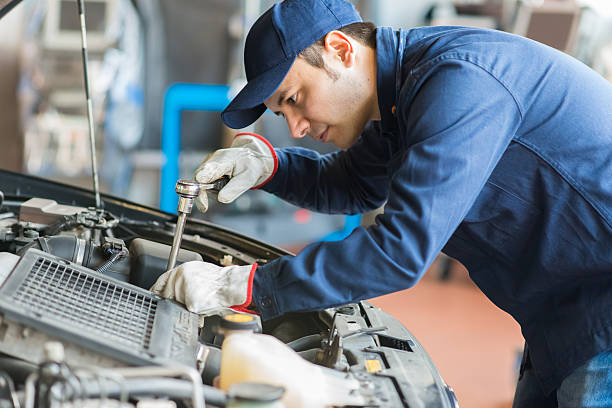May 1, 2024
What happens if you install air filter wrong?
Installing an air filter incorrectly can lead to several issues, including:
- Reduced Efficiency: The air filter may not function properly, reducing its ability to trap dust, dirt, and other particles. This can lead to decreased air quality and inefficiency in air circulation.
- Increased Energy Consumption: An improperly installed filter can cause the HVAC system to work harder to push air through, leading to higher energy usage and increased utility bills.
- System Damage: If the filter is not securely in place, particles can bypass the filter and enter the HVAC system, potentially causing damage to the internal components, such as the blower motor or coils.
- Poor Air Quality: A misaligned filter can allow pollutants to circulate in the indoor air, leading to health issues such as allergies or respiratory problems for occupants.
- Shortened Filter Lifespan: An incorrectly installed filter might wear out faster, requiring more frequent replacements and increasing maintenance costs.
To avoid these issues, ensure the air filter is properly installed by following the manufacturer’s instructions, making sure it is oriented correctly (typically with the airflow arrow pointing towards the HVAC unit), and that it fits snugly within the filter slot.
What happens if an air filter is too small?
If an air filter is too small for your HVAC system, it can cause several problems:
- Air Leakage: A filter that is too small won’t create a proper seal, allowing unfiltered air to bypass the filter. This means dust, dirt, and other contaminants can enter the HVAC system and circulate throughout your home, reducing indoor air quality.
- System Contamination: Unfiltered air can deposit particles on internal components of the HVAC system, such as the blower motor and coils. This can lead to reduced efficiency, increased wear and tear, and potentially costly repairs.
- Reduced Efficiency: Without a proper seal, the HVAC system may have to work harder to maintain the desired temperature, as unfiltered air can disrupt airflow patterns. This can lead to increased energy consumption and higher utility bills.
- Increased Maintenance: The accumulation of dust and debris within the HVAC system can lead to more frequent maintenance and filter replacements, as well as reduced lifespan of the system components.
- Health Issues: Poor air filtration can exacerbate allergies and respiratory issues, as contaminants such as pollen, pet dander, and mold spores are not effectively removed from the air.
To avoid these issues, always use the correct size filter specified by your HVAC system manufacturer. Ensure the filter fits snugly in the filter slot, creating a proper seal to maximize filtration efficiency and protect your system.

